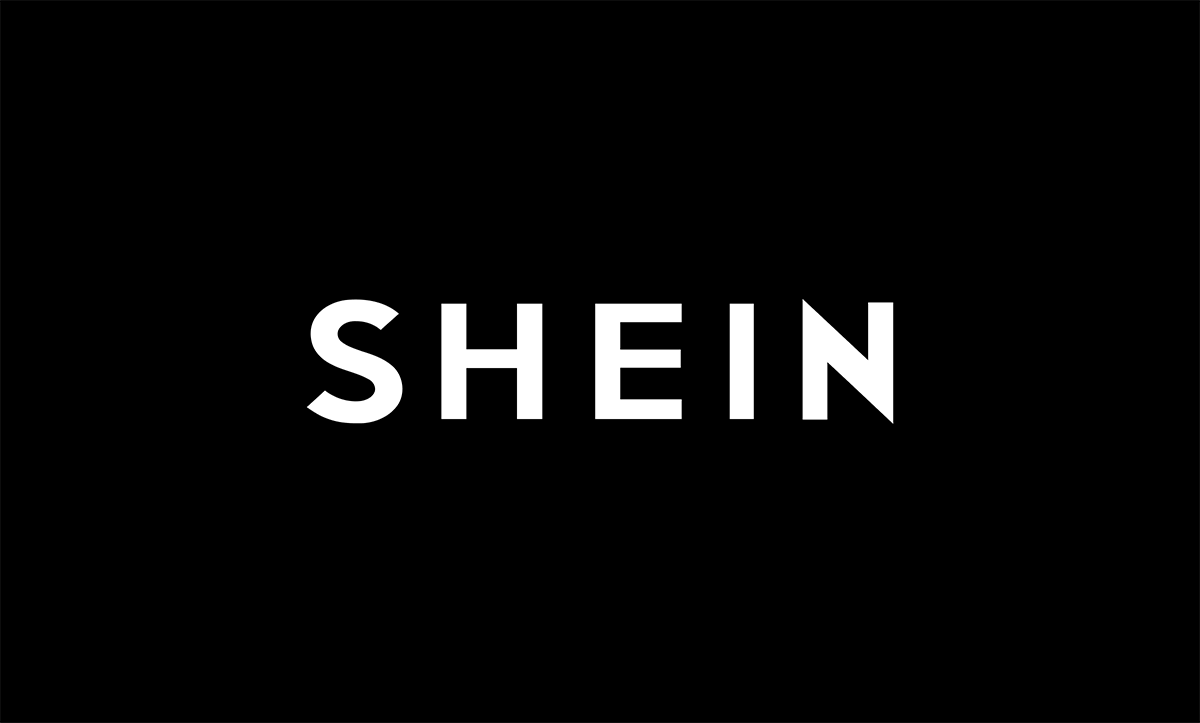SHEIN is a group of affiliated companies operating under several brand names throughout the world. Collectively, the SHEIN Group provides consumer access to a global ecommerce platform or, in some jurisdictions, a marketplace, offering consumer products, fashion, home goods, and related products.
SHEIN is committed to the protection of animal welfare in our supply chain in accordance with established welfare principles.
Welfare Principles
Our guiding principles align with the five freedoms set out by the World Organization for Animal Health (founded as OIE) in their Animal Health Codes and the Farm Animal Welfare Committee (FAWC):
- Freedom from hunger or thirst by ready access to fresh water and a diet to maintain full health and vigor
- Freedom from discomfort by providing an appropriate environment including shelter and a comfortable resting area
- Freedom from pain, injury or disease by prevention or rapid diagnosis and treatment
- Freedom to express (most) normal behavior by providing sufficient space, proper facilities, and company of the animal’s own kind
- Freedom from fear and distress by ensuring conditions and treatment which avoid mental suffering
Supplier Management
We recognize that many animal welfare issues lie deep in the supply chain where transparency is limited, and solutions will require collaborative action by many parties across the value chain. Although SHEIN does not directly source animal products and offers a limited selection of products containing animal-derived materials, we are committed to supporting ongoing animal welfare standards and increasing transparency in the industry. We believe that products such as wool, cashmere, down, and leather can be sourced responsibility, and seek ongoing guidance from industry experts and organizations to better understand the risks to animal wellbeing in the industry, and especially within our own supply chain.
Our expectations for suppliers on animal welfare are:
- Our suppliers will work to align with our values of protecting animal welfare and abide by industry best practices regarding the treatment of animals to prevent pain, discomfort and fear, as well as practices that ensure proper feeding, housing, health and handling.
- Our suppliers will work with us to create and improve systems for traceability from the farm to the final product.
- Our suppliers will not to source materials from exotic, threatened or endangered species according to the laws and regulations in the countries where they operate.
- Our suppliers will not use real fur, exotic skins, or any other products derived from animals that have been killed solely for garment production.
- Our suppliers will not engage in animal testing of cosmetic products.
We prefer for our suppliers to source according to recognized third party standards, especially for animal-derived materials, such as:
- Responsible Wool Standard (RWS)
- ZQ™ Certified Wool
- Nativa™ Wool
- Global Organic Textile Standard (GOTS)
- Responsible Down Standard (RDS)
- Traceable Down Standard (TDS)
- Downpass
- Sustainable Fibre Alliance Standard (SFA) Cashmere
- Good Cashmere Standard
- Recycled animal fibers (Global Recycled Standard or Recycled Content Standard)
- Leather Working Group
We continue to educate our suppliers as well as our internal teams on the importance of animal welfare. SHEIN is committed to being an active part of the solution for upholding industry-wide best practices in the protection of animal welfare.
We pledge to update our Animal Welfare Policy no less than every three years.
Last updated September 2022
